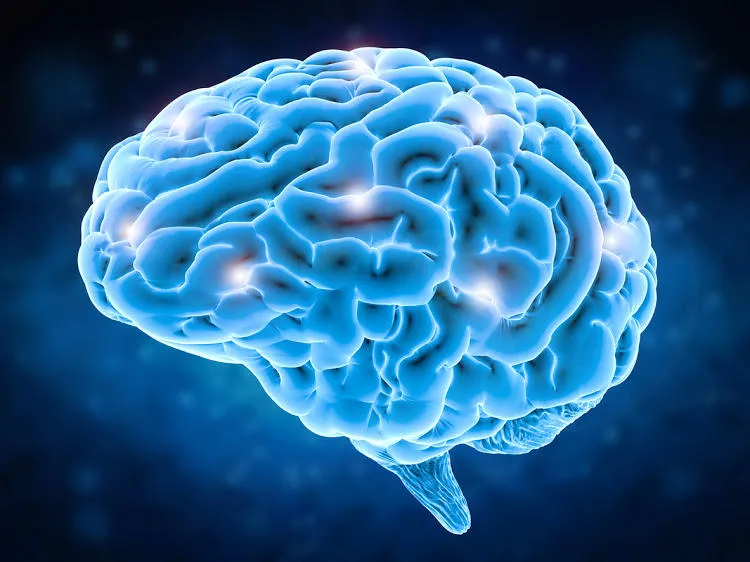Ketamine is a drug which is commonly used as an anaesthetic in both adults and children. Recent research has shown that at lower doses ketamine can have rapid acting antidepressant effects, including in people who have previously not responded to two or more treatments for their symptoms (this is often called treatment-resistant depression). The research taking place within this group aims to understand the effect of ketamine treatment in alleviating treatment-resistant depression.
We are currently recruiting volunteers to take part in the upcoming EDEN study, which will compare the effects of orally-delivered ketamine and a dummy pill (placebo) in 60 adult participants who have both anorexia nervosa and severe depression.
Ongoing research, for which recruitment has closed, has used brain imaging techniques to observe the effects of ketamine treatment on brain activity patterns and how this relates to any changes in the symptoms of treatment-resistant depression.

Studies open for recruitment
The EDEN study: Ketamine for the Treatment of Depression with Anorexia Nervosa
About the study
Ketamine is a drug that is commonly used as an anaesthetic in adults and children. Research has also shown that in low doses, ketamine can also have fast-acting antidepressant effects. We are currently recruiting volunteers to take part in the upcoming EDEN study, which will compare the effects of orally-delivered ketamine and a dummy pill (placebo) in 60 participants who have both anorexia nervosa and severe depression.
The main aims are to explore outcomes such as how many people take part and remain in the study and how people experience both the medication and taking part in the study. However, we will also measure changes in symptoms over time.
What will it involve?
The EDEN study will take place at King’s College London (Denmark Hill campus), and you will be required to attend 10 in-person sessions and 3 online sessions. These details of these sessions are listed below:
- Session 1: In-person screening session to determine whether you are eligible to take part in the study.
- Session 2: Online session where will complete a series of questionnaires relating to your mental health symptoms and some computer-based cognitive tasks.
- Sessions 3–10: In-person dosing sessions, which will take place at the testing centre. Each session will take between 3 and 4 hours. The medication we are testing is an oral version of low-dose ketamine (60–180 mg), which comes as a capsule and is swallowed. You will receive either ketamine or a dummy ‘placebo’ pill, which will be decided by random selection.
- Session 11: In-person follow-up visit at the testing centre, where you will complete questionnaires, cognitive tasks and will have your weight measured and blood taken.
- Sessions 12 and 13: Online follow-ups involving the completion of questionnaires and cognitive tasks.
Who are we looking to recruit?
We are looking for people 18 years of age or above who have a diagnosis of anorexia nervosa (for at least three years) and who are experiencing symptoms of depression. To take part in this study, participants should also have a body mass index (BMI) of 14kg/m2 or over and a weight of 40kg or more. Participants should also be within reasonable travelling distance from London, and be willing to attend all study sessions.
Compensation and expenses
Participants can be compensated with a maximum of £190 in vouchers for taking part if they attend all study visits and additional components. Travel costs will also be reimbursed up to £30 per visit.
To find out more information you can email eden@kcl.ac.uk.
Closed studies
The Signature Study: Synaptic Imaging and Network Activity in Treatment Resistant Depression
Recruitment for this study has now closed. Please get in touch should you wish to be considered for any future studies.
What is the study about?
Using brain imaging technology, we will observe the effects of ketamine treatment on brain activity in people with major depressive disorder or bipolar disorder who have previously not had an adequate improvement in depressive symptoms following at least two trials of different antidepressants.

